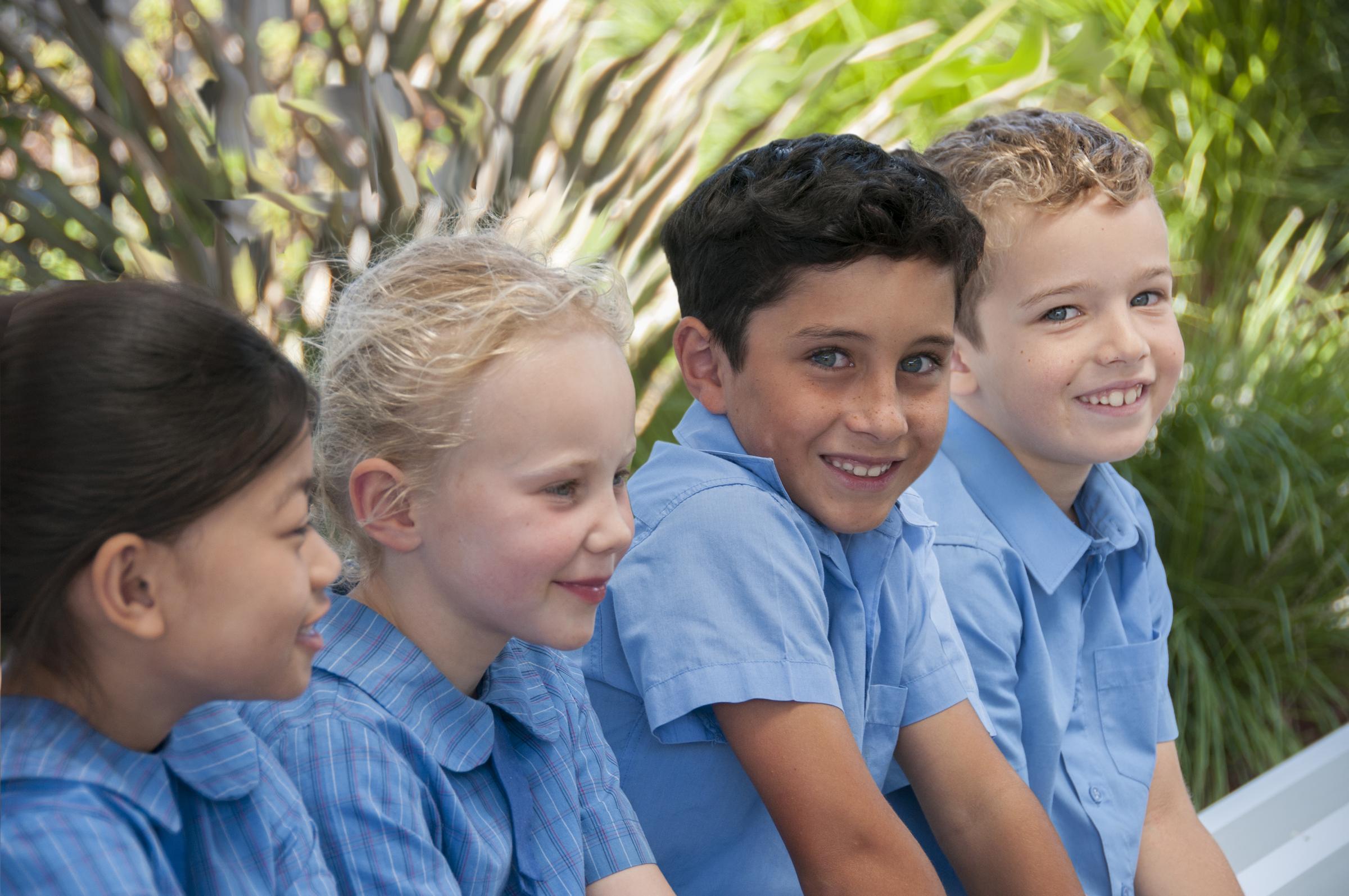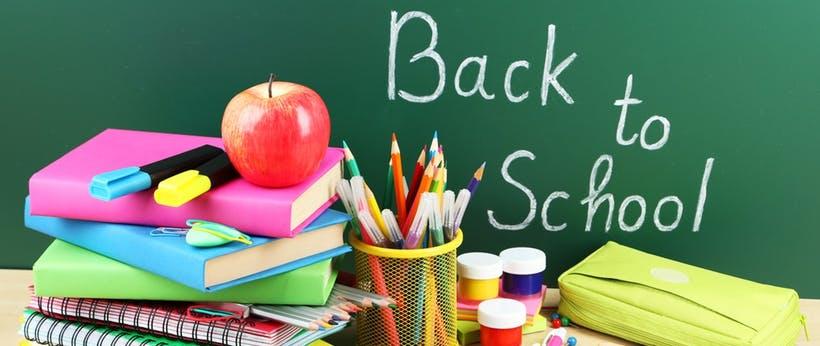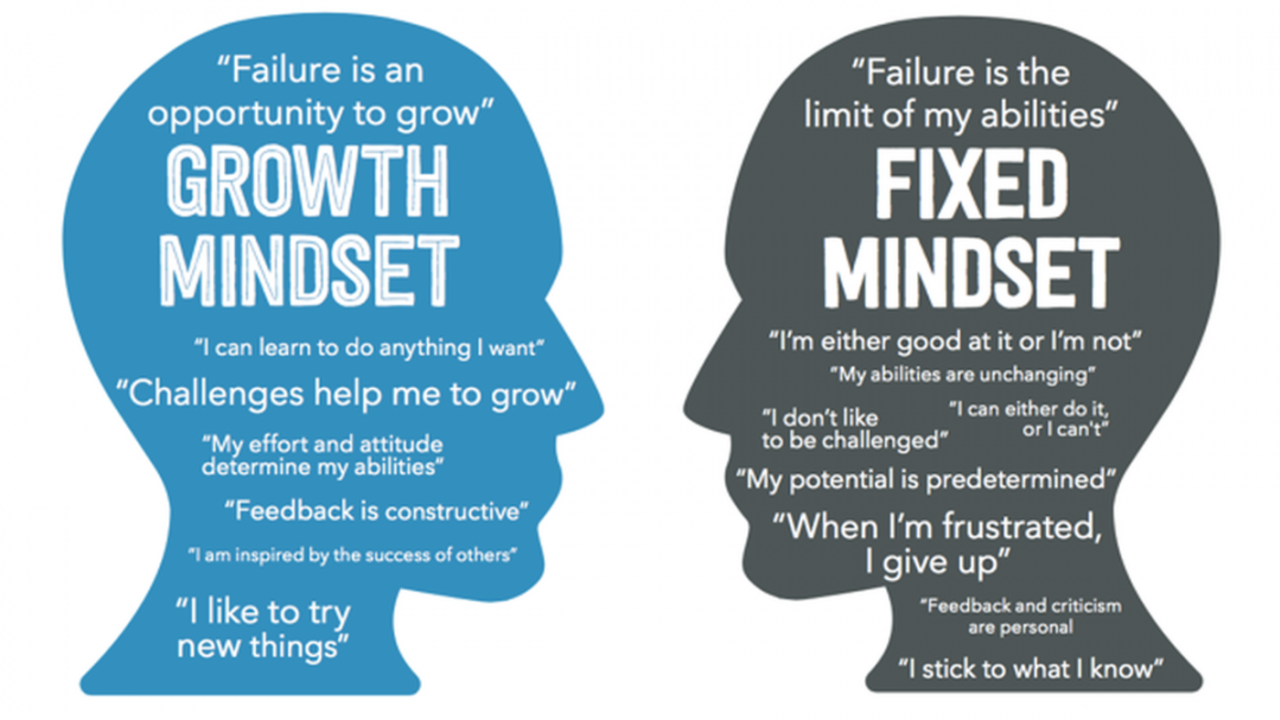Student Wellbeing News

Spotlight: Year 3/4 Community
In Wellbeing this term, the primary focus will be looking at feelings, using the CASEA program.
Students have been learning about the term 'growth mindset' and the importance it has for our learning and our feelings. They came up with positive quotes that they can say to avoid having a 'fixed mindset.'
The Year 3/4 students have been getting to know each other and have been comparing their similarities and differences. We have been discussing our personal characteristics and how the world would be a boring place if we all had the same characteristics. Students learnt that our unique traits should be celebrated.
6 tips to help with back to school anxiety
Listen to children’s concerns and feelingsIt can be normal for children to feel anxious before going back to school for a new year. There are new faces, new teachers, new routines, new expectations and classroom environments. This appropriate anxiety response can be managed by helping children talk about what they are worried about. Try to name the emotion your child is feeling and help them to identify what it is they are worried about. Naming the emotion for your child helps them to ‘tame’ the emotion. Just by talking about how they are feeling and having an adult name the emotion for them, can be very helpful and soothing. We don’t need to jump into problem solving for our children, a more helpful strategy is to just listen and try to understand how your child is feeling and what they are worried about. If there is a problem to be solved, this can be tackled after your child has talked about how they are feeling and shared their worries. Get back into a routineRoutines are vital for children as it helps give a sense of safety and predictability. Start getting up early again at least a week before school starts to help get their sleep back into a good routine. Turn off screens at least an hour before bed followed by a nightly routine such as doing a relaxing activity followed by a bath, reading or being read to and then sleep. There are so many children who go to school exhausted through lack of sleep or good quality sleep, often due to screens before bed, constant notifications and screen time through the night (yes even some 8 year old’s are getting up and checking devices) and also a lack of wind down time each day. A daily wind down activity is not only vital to relax and brain and body, but can be a great bonding time as well. Board games, jigsaw puzzles, Lego or colouring in are great examples of wind down nighttime activities that all members of the family can do together. Create visuals for routinesIf children become familiar with what needs to be done each day and getting things prepared, helps take out some of the daily stressors, particularly getting back to school. Kids love visuals to help them know what to do each day so have fun creating a list they can decorate and stick up in their rooms of all the things that need to be done each morning and night. Younger children respond well to pictures/drawings as well as words (older children can create their own written lists). There will be more success of children independently completing their daily tasks if they have ‘buy in’ from the beginning by helping to nut out what needs to be done so the day runs smoothly. Things on the list for night-time (depending on age) can be things like getting out school clothes ready for the next day, homework done, reader/homework in bag and brushing their teeth. In the morning examples can be things like getting dressed, brushing teeth and packing their school bag with lunch. Help your child refer to their checklist so they can start to manage their daily tasks independently instead of nagging and yelling to get things done. If they need reminding, guide them to look at their list and ask them what else needs to be done, rather than telling them what to do. Use a calendar to mark in important days such as sports days or excursions so they know what is coming up and can prepare for it. Allow timeAllow enough time in the morning to get everything done. The more that can be done the night before will help to ease the stress in the mornings. Rushing can activate the stress response and is unnecessary if things are planned for in advance. Lunches made the night before with help from your child, eliminates this stress in the morning. Have school clothes and shoes out ready to just pop on instead of madly rushing around trying to find the right socks or clean uniform, which only creates nagging and stress. Having as much packed the night before is also helpful. Having this checked off the night before on their visual ‘to do’ list helps children to feel more in control of their day to day tasks. Having a relaxing breakfast, even if isn’t for too long, can be a great start to the day. Rushing while eating sets our children up for feeling stressed by the time they get to school. Practice, PracticeFor younger children it is helpful if they can practice packing their school bag, putting on their school jumper, taking the lid of the drink bottle and tying school laces. Yes, this can seem a bit unnecessary but there are lots of children who struggle to unpack their lunch and take on and off jumpers at school which causes unnecessary stress. If your child is transitioning to a new school, new campus or environment or is starting ride their bike, or catching public transport for the older children, then do a few practice runs beforehand. Go on the bus or train with them back and forth or ride the bike with them beforehand so they feel comfortable with their new routine. A few visitsIf your child is particularly anxious about going back to school, take some time to go past the school. Having fun and relaxation around the school will help children to feel familiar again with their school and associate this with fun and positivity. Often children can build things up in their mind to be much worse than they really are, so visiting the school can help to ally these fears. Having a school friend that will be in their class over for a play before school starts can help to ease back into the new school year. Children can feel particularly anxious about who is going to be in their class, who they will be sitting next to you or playing with at lunchtime. Making an action plan of who is taking your child to school and letting your child know where you will be picking them up will ease some of the unknowns for very anxious children.
Haylea Anderson Wellbeing Leader |


